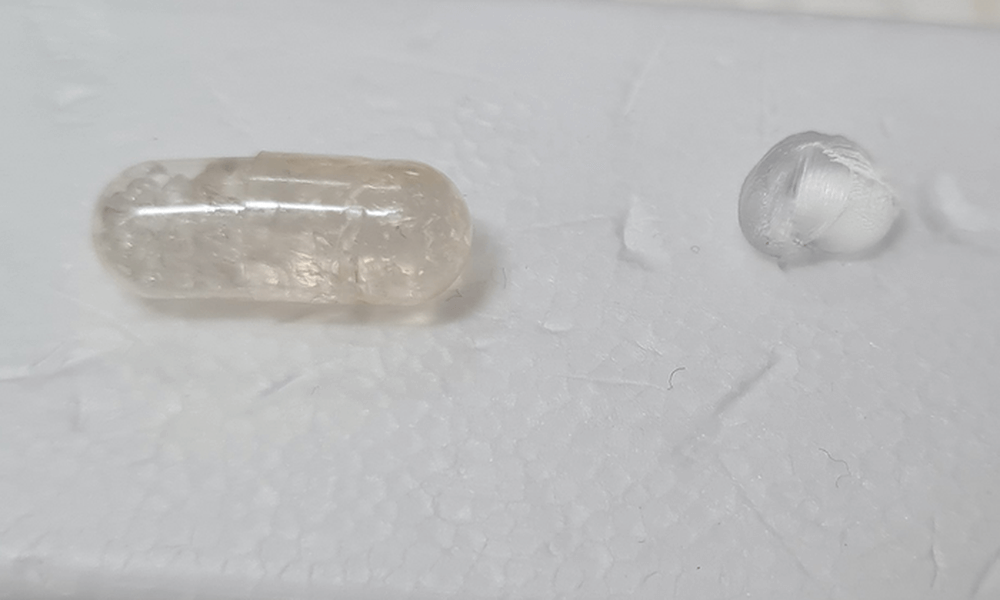Melbourne, Australia — Insulin-dependent diabetics may no longer have to endure painful injections. Australian scientists have developed a new type of oral capsule that could revolutionize how insulin and other protein drugs are administered. Traditional protein pharmaceuticals are typically administered by injection, which can be uncomfortable and costly for patients. But new technology designed by researchers at RMIT University offers a painless alternative.
This capsule has been shown to effectively deliver insulin in preclinical studies, with absorption results exceeding injection delivery. The research team is optimistic about moving into clinical trials and exploring the possibility of oral administration of other protein drugs, including new types of antibiotics that can fight drug-resistant super-strength bacteria.
“We have developed a revolutionary oral capsule that can change the lives of millions of people with diabetes by eliminating the need for painful insulin injections,” said lead researcher and RMIT professor Charlotte Conn. college release. “If you want to control your blood sugar levels, you need a very fast response when you are eating.
How is treatment done?
“The capsule has a special coating designed to prevent it from being degraded in the low-pH environment of the stomach before it is dissolved by the higher pH levels in the small intestine,” said lead author Jamie Strachen, Ph.D., of the RMIT School of Science. “We are packaging insulin within a fatty nanomaterial within a capsule that helps camouflage the insulin so that it can pass through the intestinal wall. This is indeed similar to how Pfizer and Moderna’s COVID-19 vaccines work, as the mRNA in these vaccines is also packaged within fat, helping to maintain the drug’s activity and safety during delivery in the body.”

How Much Insulin Do You Need?
The researchers used the same amount of insulin for oral capsule and injection delivery.
“In many preclinical studies, oral formulations necessarily contain much higher concentrations of insulin to achieve the same response as injected administration. “In many preclinical studies, oral formulations necessarily contain much higher concentrations of insulin to achieve the same response as injectable administration.”
Next steps include further testing and development to fine-tune dosage and investigate the capsule’s potential to deliver protein drugs over a specific period of time.
The research will be published in a journal Advances in biometric authentication.
You may also be interested in:




